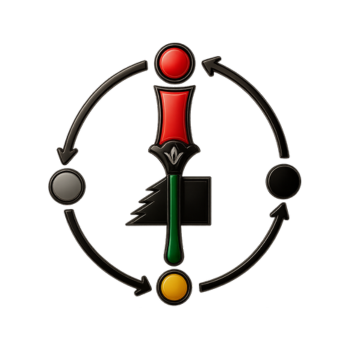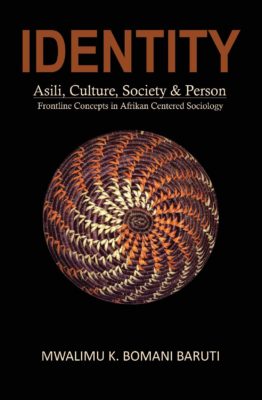-
“Analogies are very useful in deciphering personality traits which speak to identity. They are an excellent means of discerning patterns of thought and behavior which repeatedly manifest for all to see but have come under the scientific scrutiny of only a few. Unknown to many, patterns are indicators of a subconscious commitment to a way of doing something based on a logical reason for doing it, which often go back farther than one may recall. Moreover, socially, such patterns help to reveal the spirit of the personality, especially as it comes to gaining an understanding of the mind and, therefore, identity of a people.
Wade N. Nobles used this literary device to relate habit to the continuity of identity in time. His analogy showed it as directly reflecting the unchanging, conserving character of Afrikan people. At the micro, individual-community level, he spoke of the ourstorical combining of a portion of the best of previously baked bread into the dough of new bread. At the macro, societal-engineering one, he spoke of this same transference practice in the use of pieces from the ruins of one structure to inaugurate the building of new architecture. Both are evidence of identity at work.
If nothing else, these analogies, which are far more widespread socially than many imagine, show an intelligent people, positively operating within their ancestral memory of always building anew from the best of the old. This they do because, at minimum, it enables them to structurally and psychologically make the new as good as the old. This they are able to do because they recognize and have intergenerationally internalized the value of what they know and practice as a form of identity. And they do so with the seasoned expectation that, while never becoming of greater importance (because the greatest importance lies in a thing’s origins), the new will be even better than the old because of what they have learned in the interim. This is the heart of what we must understand if we are to have an Afrikan identity.”


